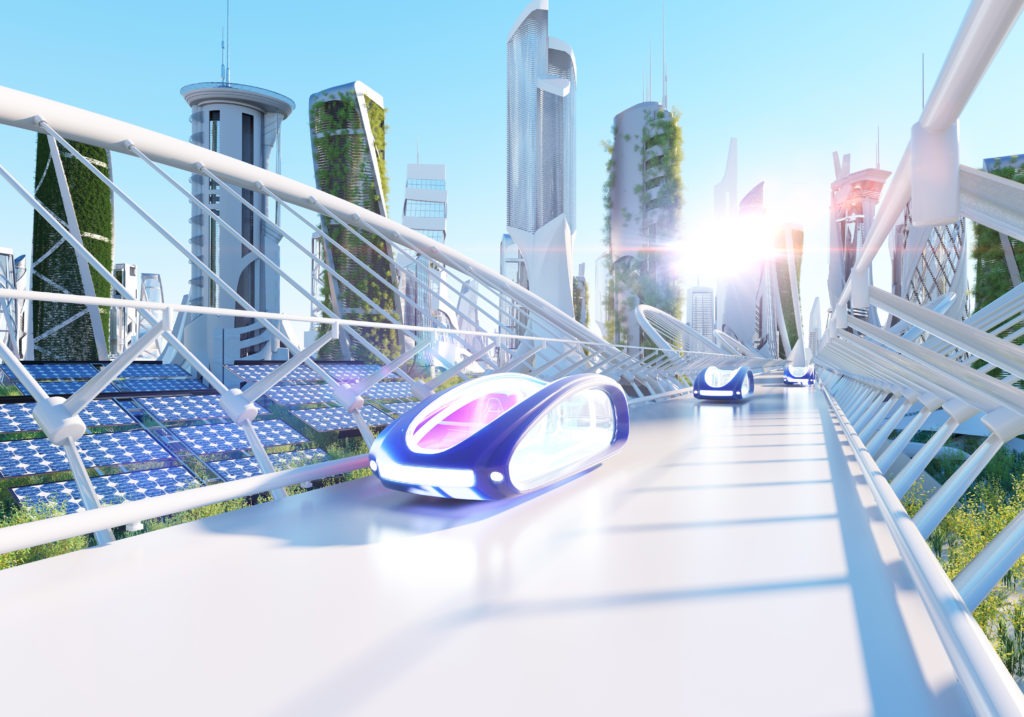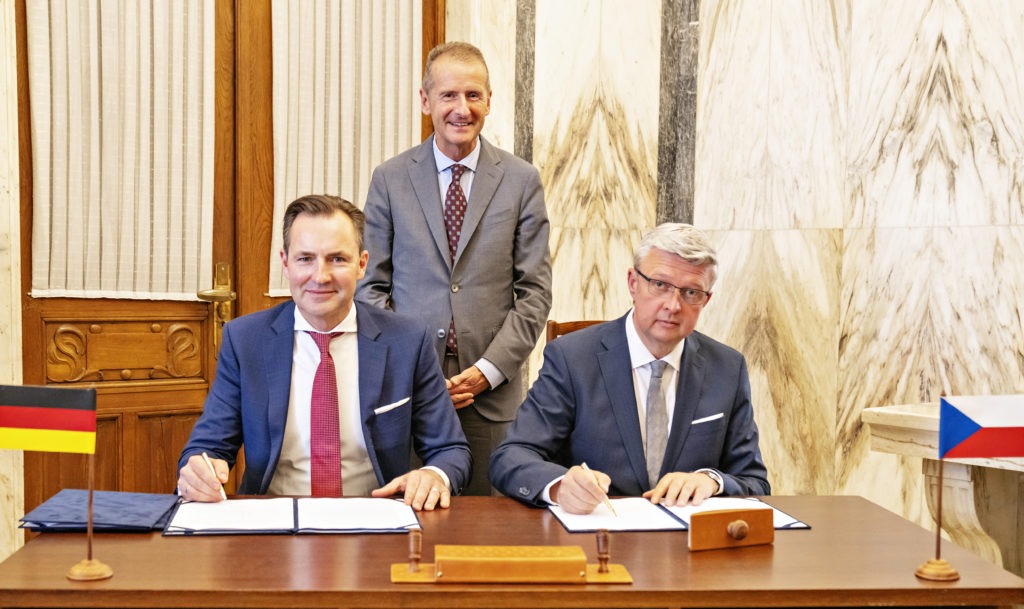Electromobility must be accelerated, says NPM
15 October 2021

More electric bikes, fully-recyclable vehicles and even flying cars – the future of sustainable mobility could take many forms with few boundaries. A task force dedicated to this transformation is the Germany-based National Platform for the Future of Mobility (NPM). It has presented a report that summarised its three years of work at this week’s ITS World Congress, calling for immediate action to meet climate targets and reduce emissions.
14 million EVs needed
Consisting of a panel of experts from various industries, the NPM hosted an event at the ITS congress in Hamburg, which focuses on smart mobility and the digitalisation of transportation. It covered hot topics surrounding mobility, such as innovation, climate neutrality, cross-border standardisation, as well as industrial and societal change that come about as countries switch to more sustainable forms of transportation.
A key focal point was electromobility.
‘The need to act is more urgent than ever since the volume of traffic is increasing, particularly in goods transport, while at the same time climate action targets are becoming more stringent,’ the NPM stated in the report.
‘The switchover from fossil fuels to renewable energies in transport plays a vital role and requires enormous effort. By 2030, there must be up to 14 million electric vehicles on Germany’s roads to make an adequate contribution towards achieving the transport sector’s climate action targets, which were increased again in June 2021,’ the group added.
The NPM, created by the German government in 2018, is tasked with submitting proposals for climate neutrality in the transport sector. One of its goals is to ensure the country’s automotive industry will stay competitive while promoting Germany as an attractive employment location. It also looks at multi-modal solutions to create a carbon-neutral transport system that allows for safe and affordable mobility.
In the summary report, the NPM reiterated that digitalisation must be accelerated. It emphasised that ‘needs-based’ refuelling and charging infrastructure are crucial factors for success as the automotive industry transitions to electromobility. This is something the German Association of the Automotive Industry (VDA) is also demanding, saying the country needs a faster expansion of the charging infrastructure for electrically-chargeable vehicles (EVs) and a nationwide 5G network.
For Germany – Europe’s largest car market – to remain internationally competitive, the NPM also demanded a focus on achieving more modernisation. Additionally, it called for the enforcement of a ‘sustainable lifestyle’ to reduce emissions and support the shift to more climate-friendly transport options.
Climate resolutions
While the NPM supports an open approach to alternative drives and fuel, it was criticised by BUND, a grassroots NGO. It said the NPM ‘lacked will’, focusing too much on cars and less on other modes of transport that cut emissions drastically. As Germany has just gone through an election that will have a huge impact on the country’s automotive industry, the NGO also demanded ‘clear priority from the next federal government for walking, cycling and local and long-distance public transport.’
Transport minister Andreas Scheuer rejected this criticism. While he warned that Germany had not reached its climate targets yet, it was on the right track.
‘It has been three years since the federal government entrusted the NPM with a mammoth task: it was about nothing less than developing recommendations on how we can enable affordable, sustainable and climate-friendly mobility for people and at the same time secure Germany’s competitiveness,’ Scheuer said. ‘And the NPM delivered. It has developed the central foundations for the German government’s climate resolutions.’
Resolution sounds promising. But for Germany to achieve real climate neutrality, it needs more than suggestions but actions that take into account every form of mobility – from public transport to cars, bikes and shared mobility services.



